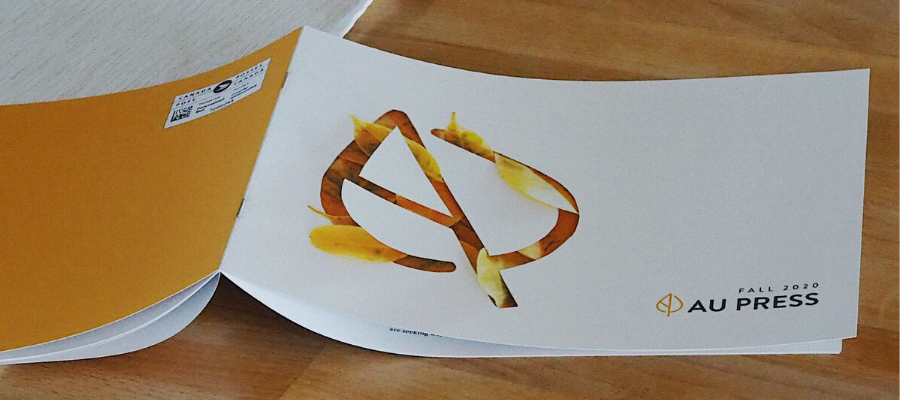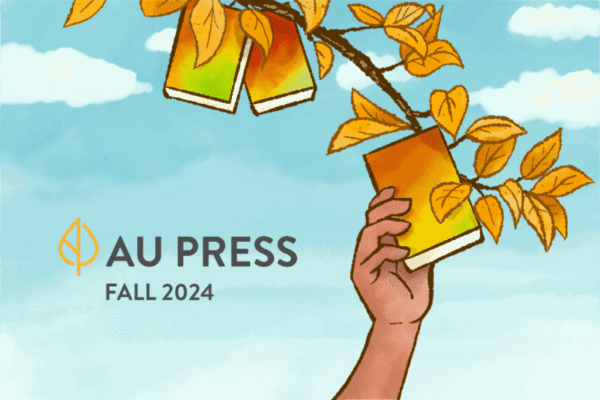It’s hard to say what fall will bring this year. A return to classrooms or another semester of online courses or perhaps a pivot to blended learning? Will we be able to venture out and see our friends, return to our offices, and visit our favourite bookshops in person? Or will we have to double down on our efforts to socially distance and flatten the curve. We don’t have answers to any of these questions, but we do know that we will continue to publish books and make them available for free online. Our fall catalogue was just released and we have some exciting new reads coming your way. See below for a taste of our forthcoming titles.
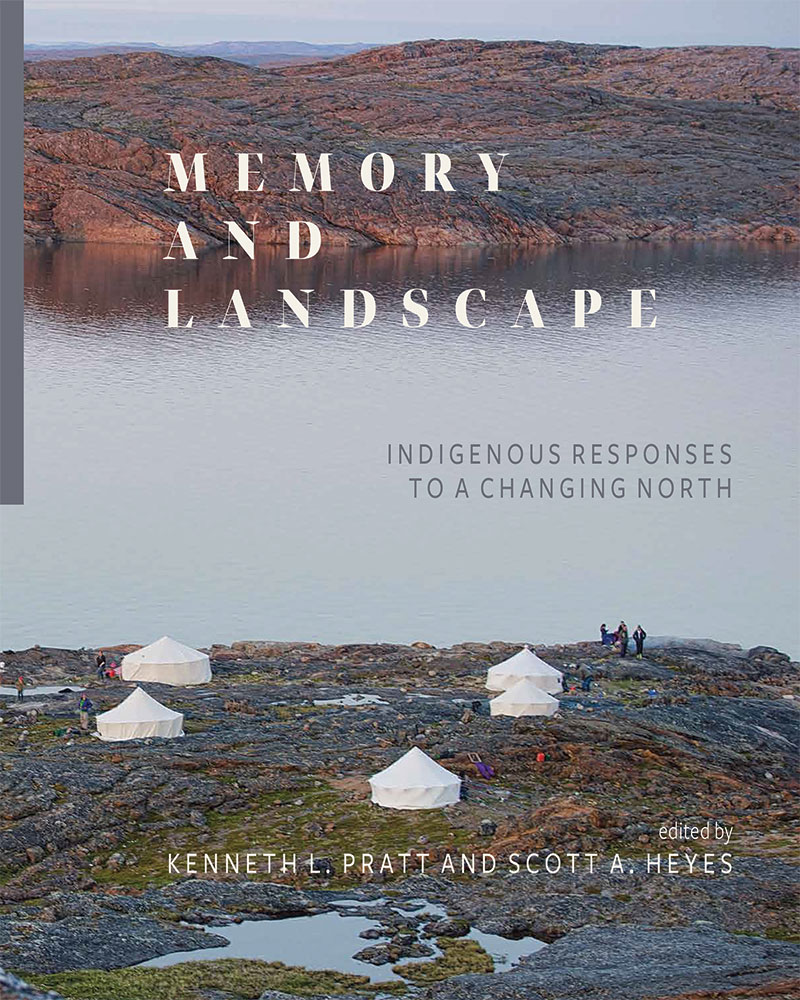
Memory and Landscape: Indigenous Responses to a Changing North edited by Kenneth L. Pratt and Scott A. Heyes
“Our identity, our sense of belonging, our understanding of being human, is all connected to our relationship with the land. And our relationship with these lands span millennia. Our grandfathers and grandmothers that came before us walked these same ridges, valleys, and trails. They fished the same lakes, streams, and rivers. They cherished memories carried in the pungent smell of the fall tundra, in wafts of spruce, cottonwood, and willow smoke. They ventured throughout these lands until their final rest. Our ancestors are literally part of this land. We are part of this land.” –Evon Peter

The Virtues of Disillusionment by Steven Heighton
“Hopefulness, Nhat Hanh suggests, is a harmful emotion because it’s based on an illusion. A hope is not something real that exists but a wish that something might exist—or might disappear if it now exists. Unlike the present moment, which is real and occurring, hope is speculative, an abstraction projected into the future. And by hoping ourselves into the future, we miss out on the good things— miracles, few though they might be—happening even now, despite our problems.”
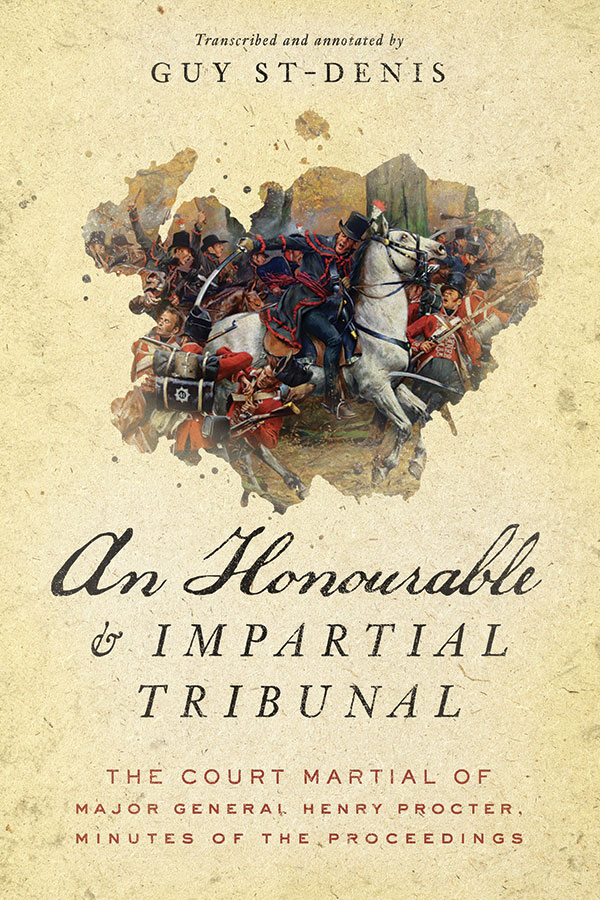
An Honourable and Impartial Tribunal: The Court Martial of Major General Henry Procter, Minutes of the Proceedings transcribed and annotated by Guy St-Denis
“As Major General Procter was aware of the force which the enemy could bring against him, and knew the means which the complete command of the lake afforded them of transporting that force to any given point where they might most annoy him and molest his retreat, it was to have been expected that in preparing for it, he would not only have been prompt in his orders and motions, but would have taken care to disencumber himself of all superfluous baggage – and of everything that might in the smallest degree contribute to retard or impede his retreat.
To withdraw in safety and with honour, the gallant division of the army which he commanded from the posts which they had so long and so nobly defended, but which they could no longer hold, and to unite them with the Centre Division to which they would form a most seasonable [timely] reinforcement were objects of the first importance and to which no other considerations ought to have been preferred.” —The Acting Deputy Judge Advocate addressing the court in opening the prosecution
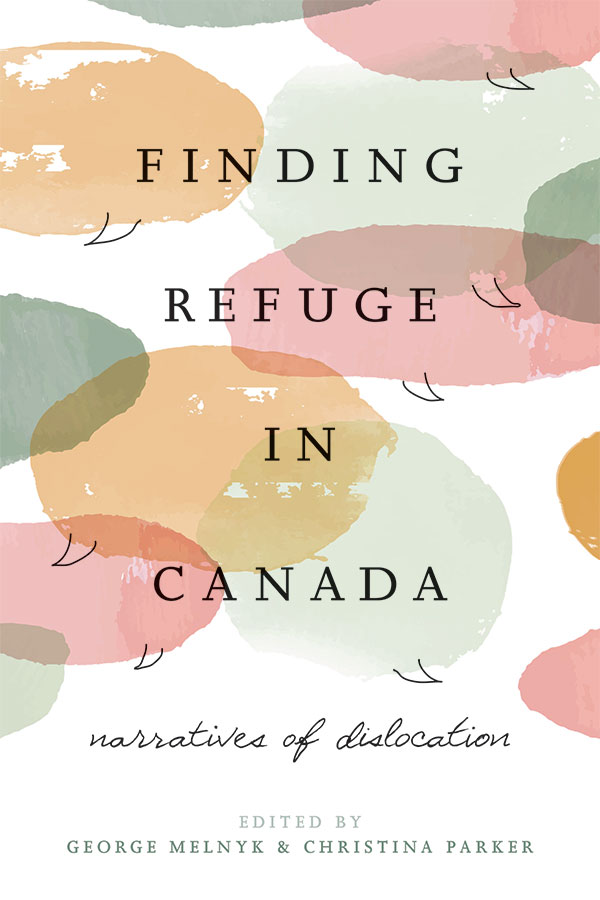
Finding Refuge in Canada: Narratives of Dislocation edited by George Melnyk and Christina Parker
“The stories represented in this book invite us to critically reflect on the policies and practices that are necessary to drive the kind of transformation needed to give voice to refugees in order to better support them, and to ultimately challenge a colonizing process that diminishes refugees’ humanity. Are there ways and means to elicit the voices of refugees to allow them to be active participants in the design of their future lives? How could those seeking refuge be encouraged to actively participate in the policies that impact them? What might that transformative world of equitably processing refugees look like?”
Check out the complete catalogue for a full listing of what’s coming out in the next few months.
